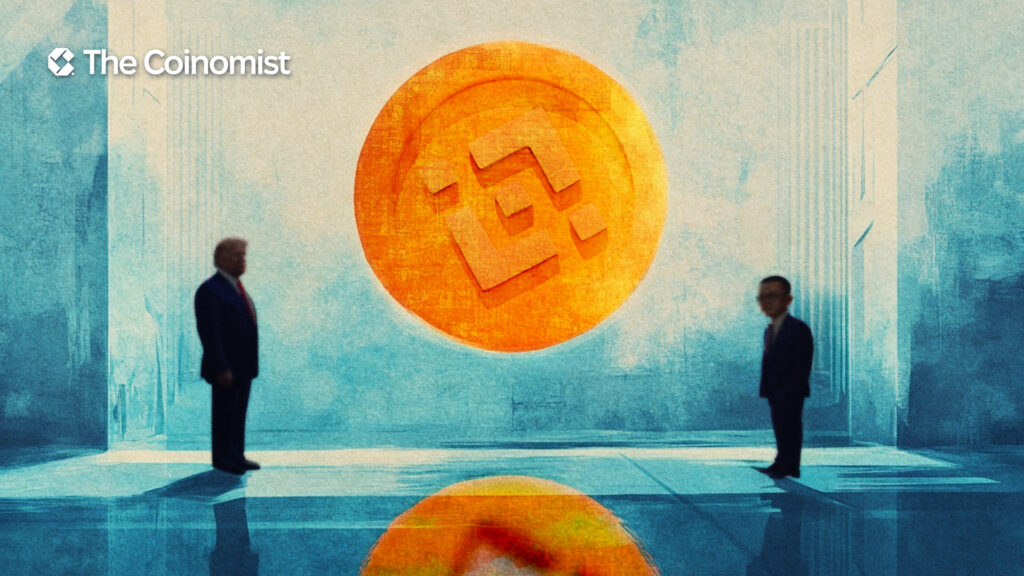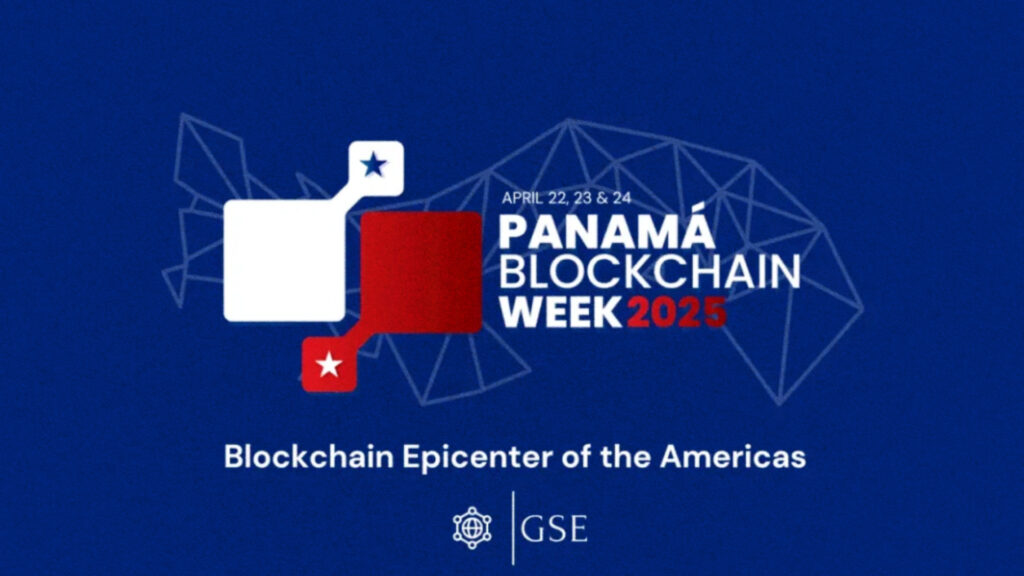
On March 31, Strategy—the top corporate Bitcoin holder—disclosed its latest investment: 22,048 BTC worth $1.92 billion added to its treasury.

Now, you can rent in Dubai with crypto, signing rental agreements using BTC, altcoins, or USDT for both short-term vacations and long-term stays as an expat.

Imagine a city of hills, narrow cobblestone streets, and fado music drifting from cozy bars. This is Lisbon, the capital of Portugal, now rapidly transforming into a modern crypto city.

Youth. Wealth. Temptation. The quick climb through crypto scams rarely ends in peace. Instead, it leaves behind burnout, instability, and broken illusions.

Believe it or not, your morning habits might be the key to mastering your crypto strategy in today's unpredictable market.

On March 31, Strategy—the top corporate Bitcoin holder—disclosed its latest investment: 22,048 BTC worth $1.92 billion added to its treasury.

Japanese company Metaplanet has issued $13.3M in bonds to buy Bitcoin.

BTC slips to $81,000 in anticipation of Trump’s new trade measures, extending a multi-day correction.

Imagine you’ve built your own crypto exchange, and now it’s time to scale. You’ll need high-speed infrastructure, deep liquidity, and compliance.

AI, fake exchanges, celebrity deepfakes, and old tricks repackaged in new forms. Here’s a look at the cryptocurrency scams gaining traction in 2025 and how to avoid losing everything to fraudsters.

Learn what a hash function is, how it works, and why it’s vital for data integrity, security, and performance in modern computing and blockchain technology.

Trump’s meme coin isn’t an outlier—it’s part of a broader trend. Back in 2021, celebrities were minting NFTs, and by 2024, they had moved on to personal token launches. The connection between fame and crypto has been growing for years, even if many failed to see it.

Across continents, monuments have been erected to honor both cryptocurrencies and the figures who transformed the digital finance world. We explore the most well-known of these in our article.

Wow, what a rollercoaster of a year! Especially for crypto fans and even more so for Bitcoin holders and all those who have waited for the mother-of-all-crypto to cross its second major mark after the $50 thousand level, the $100 thousand level.

As crypto prices decline, the community continues to analyze the current crypto market cycle. One of the most popular platforms to share views and discuss these trends is Twitter/X.

In March 2025, the crypto industry was stunned. Binance, the largest cryptocurrency exchange in the world, secured a massive $2 billion investment from the mysterious MGX investment group based in Abu Dhabi.

You may not know his name—but you’re already feeling his influence. Ripple’s CTO David Schwartz's blockchain impact is in the code, not the noise.

When Steve Wozniak speaks, the world listens. Years after he helped transform technology alongside Steve Jobs at Apple, another revolution captured his imagination—Bitcoin.

It takes just one post from Trump to stir the crypto market. Recently, he announced on Truth Social that the evaluation of a strategic crypto reserve is in progress as part of his broader Trump crypto policy.

There's been a lot of talk about possible changes to crypto tax policies in the U.S. One of the more controversial ideas floating around is “Trump no tax on crypto.” As Trump adopts a more crypto-friendly stance, major rumors have surfaced that he’s considering a 0% tax on crypto gains.

2025 isn’t exactly the most stable time for the economy: policy changes, trade tariffs, international tensions, and interest rate shifts are among the factors that make things more unpredictable. In times like these, people naturally start looking for alternatives, and one of the biggest ones has been crypto.

Matvii Diadkov, founder of Bitmedia, shared with us in an exclusive interview his expert insights on Web3 adoption, impact of GameFi and community-centering tendencies in the market.

The first crypto craze took place almost a decade ago. Overnight, many people found out about Bitcoin and its underlying technology, blockchain.

Volodymyr Nosov, CEO of Europe’s largest crypto exchange WhiteBIT, sat down with Dmytro Gordon, one of Ukraine’s most prominent journalists. The interview touched on Bitcoin, crypto, WhiteBIT, cars, keys to success, and business vision.

Imagine you’ve built your own crypto exchange, and now it’s time to scale. You’ll need high-speed infrastructure, deep liquidity, and compliance.

Poised to become a strategic financial gateway for Latin America, Panama will host its inaugural Blockchain Week from April 22–24, 2025.

Are sky-high Ethereum fees getting you down? The folks at Zora have come up with an alternative, introducing their Layer 2 solution with lower transaction fees. This article will walk you through how to get involved with the project and earn some rewards.